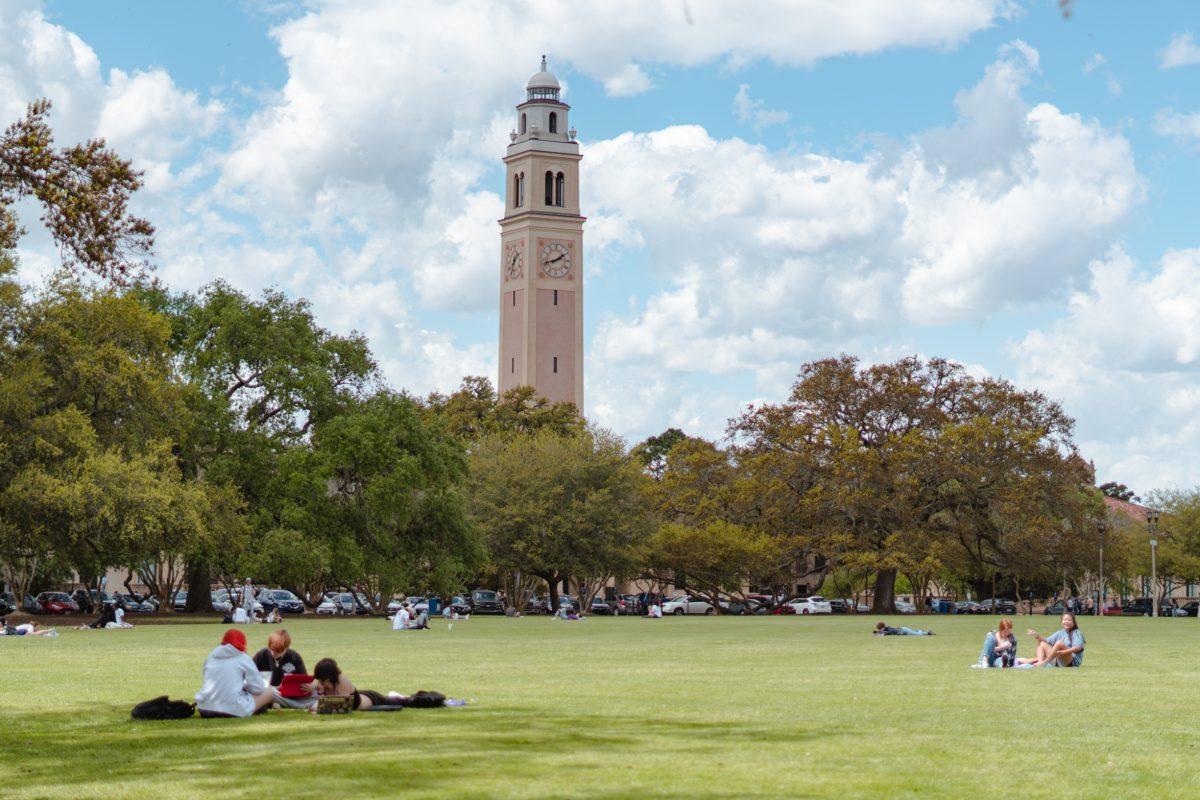NEW ORLEANS (AP) — Steve Donahue doesn’t mind how cramped his federally supplied trailer is; he got over that long ago.Three-plus years after Hurricane Katrina — and still waiting on rebuilding aid through the state to finish repairing his Gentilly Terrace house — Donahue’s just glad to have a warm place to sleep.About 1,800 travel trailers and mobile homes remain in New Orleans, nearly four months after Mayor Ray Nagin had hoped to have them all gone due to concerns about formaldehyde levels and the potential for them to become projectiles during hurricane season.There are far fewer trailers than this summer, which the city’s zoning administrator attributes to people simply asking that their trailers be taken because they no longer need them. But many of those still in trailers are in Donahue’s predicament, officials and advocates said: trying to rebuild but struggling to cobble together the financing to finish.”The folks we represent in trailers are in there because they need the trailer, either because they haven’t gotten enough money from Road Home,” the state-run program through which federal homeowner rebuilding aid is funneled, “or a contractor stole their money,” said Davida Finger, a staff attorney at the Loyola University New Orleans College of Law.For officials, it has been a delicate balance between ridding New Orleans of another reminder of the devastating storm and flood and being sensitive to the needs of residents making a good-faith effort to rebuild. The city, which has a trailer ban in effect, and FEMA representatives decide whether someone can stay in their trailer based on whether tangible progress is being made toward rebuilding and getting back into their permanent homes.Residents are working against a March 1 deadline for federal housing assistance for victims of hurricanes Katrina and Rita in 2005. For those in apartments, the federal subsidy — up to 120 percent of fair-market rent, or $1,188 for a two-bedroom apartment in New Orleans — will be no more. For those in trailers, the end is also slated, though a FEMA spokesman, Andrew Thomas, said the agency would support local policies on phase-outs. But, “we will not evict people,” he said. “We will not make people homeless.”Barbara Johnson, a 9th Ward resident who’s living in a trailer, is blunt about her feelings. “I’m not going,” the 58-year-old said.She said she just got Sheetrock put up in her house and estimates she needs at least $30,000 to cover what insurance and her rebuilding grant through the Road Home program will not.In a flash, her defiance gives way to desperation, the toll of the last 40 months apparent. “I’ve been trying, baby,” she said. “You name it, I’ve been trying.”According to the state, more than 20,000 people in Louisiana still rely on federal aid for shelter following the hurricanes. There are about 5,550 people in travel trailers and mobile homes, down from a high of 92,000, and FEMA says it has paid more than $2.1 billion in direct rental assistance to Louisiana families so far.State officials believe an extension of benefits is needed to avert a wave of homelessness because they say there isn’t enough affordable housing in the region.The Louisiana Recovery Authority is moving to put potentially hundreds of millions of dollars directly into the hands of small-scale landlords, overhauling a reimbursement program that did little to put affordable rental units back on the market. The hope is the revamp will spur greater redevelopment and demonstrate that the state has done what it can to improve the situation and the feds should do the same, spokeswoman Christina Stephens said.”We’re willing to sit at the table with the HUD secretary and work through the numbers, where we think units are coming on line and where units aren’t, because we feel there still is very much an affordable housing crisis,” Stephens said.Donahue, who’s wheelchair-bound, said he used his rebuilding grant to elevate his home in August 2007. He then waited for an elevation grant, which was meant to help offset the cost of lifting houses to guard against future flooding. Now, he’s hoping for additional grant funds and help from a church group to finish.The trailer, he said, is “past confining,” but without it, he could be sleeping in his Suburban.Like Johnson, he’s not sure how much more of this he can take. If things aren’t better by May, he figures he’ll probably return to Iberia Parish, in south Louisiana, which he left the year before Katrina.There, he said, “life is a little more Mayberry and not so damn ridiculous.”
Many trailers remain 3-plus years after Katrina – 12/22
December 22, 2008






